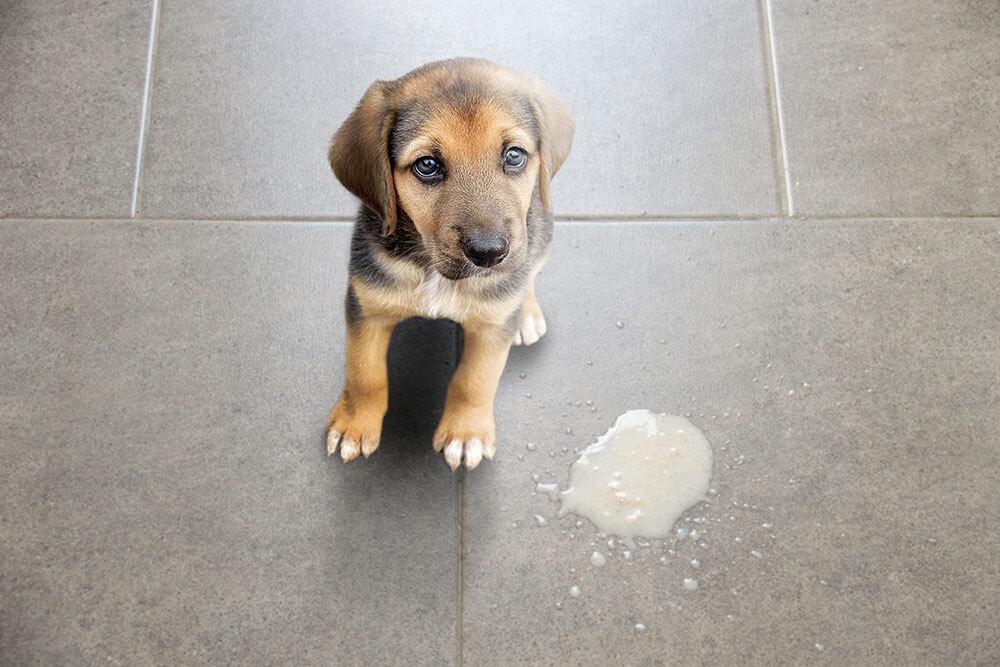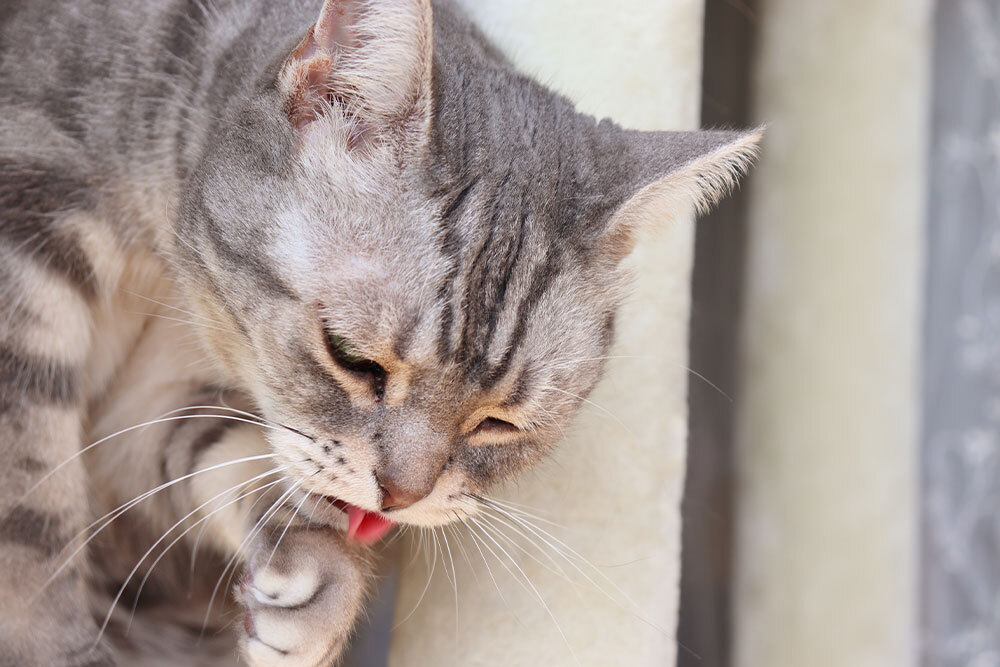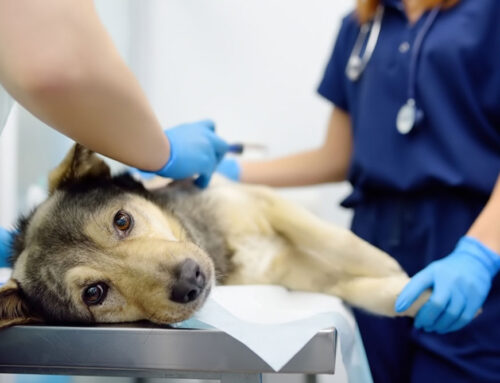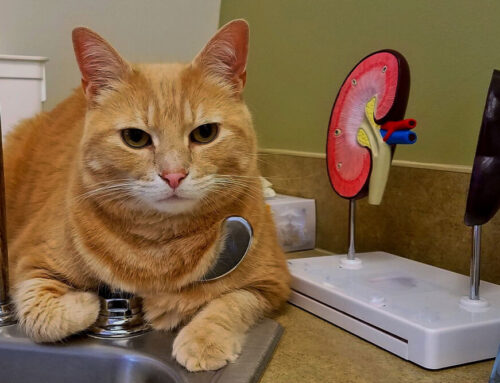Vomiting and diarrhea are among the most common reasons pet owners call or visit the vet—and for good reason. While occasional digestive upset may resolve on its own, persistent or severe symptoms can quickly lead to dehydration, discomfort, and in some cases, life-threatening complications.
At Southern Crossing Animal Hospital in Memphis, TN, we understand how distressing it is to see your pet sick. This guide is here to help you recognize when vomiting or diarrhea may signal a serious problem, what to do at home, and when it’s time to seek veterinary care.
Why Digestive Issues Matter
Vomiting and diarrhea are symptoms—not diagnoses. They can stem from something as mild as a dietary indiscretion or signal a much more serious issue like organ dysfunction, parasites, or infectious disease. Knowing how to assess your pet’s overall condition is key to determining your next steps.
What’s Causing Your Pet’s Upset Stomach?
Dietary Indiscretion (aka “Garbage Gut”)
Many pets, especially dogs, are curious eaters. Spoiled food, table scraps, or scavenged trash can easily upset their stomach.
- What it looks like: Sudden vomiting or loose stools, mild lethargy, brief loss of appetite.
- What to do: Withhold food (not water) for 12–24 hours and monitor. If symptoms persist beyond a day, call your vet.
Food Sensitivities or Allergies
Some pets develop chronic GI symptoms related to specific ingredients in their diet.
- What it looks like: Recurring vomiting, loose stools, itchy skin, frequent ear infections.
- What to do: Your vet may recommend an elimination diet or hypoallergenic prescription food.
Learn more about cat diarrhea →
Parasites
Intestinal worms, Giardia, and other parasites are common—especially in younger pets or those exposed to contaminated water or feces.
- What it looks like: Diarrhea (sometimes with mucus or blood), weight loss, bloated belly in puppies or kittens.
- What to do: A simple fecal test can identify most parasites. Deworming medications are highly effective.
Infectious Diseases
Viruses like parvovirus or bacteria like Salmonella can cause dangerous symptoms, especially in young or unvaccinated pets.
- What it looks like: Frequent vomiting, bloody diarrhea, severe lethargy, fever.
- What to do: Seek emergency veterinary care immediately.
When to Call the Vet
Mild digestive upset might not require immediate care—but certain symptoms are red flags. Contact your veterinarian if your pet experiences:
- Vomiting or diarrhea lasting more than 24 hours
- Repeated vomiting or retching
- Blood in vomit or stool
- Signs of dehydration (dry gums, sunken eyes, excessive panting)
- Refusal to eat or drink
- Lethargy, weakness, or collapse
Learn about the types of cat vomit →
At-Home Support for Mild Digestive Upset
If your pet is otherwise healthy and acting normally, you can start with supportive care:
Fasting and Rehydration
- Dogs: Fast for 12–24 hours, offering small sips of water.
- Cats: Do not fast for more than 12 hours—doing so can cause liver complications.
Offer unflavored electrolyte solutions or bone broth if your vet approves.
Bland Diet
After fasting, feed small meals of:
- Boiled, unseasoned chicken and white rice
- Plain pumpkin (aids digestion)
- Prescription gastrointestinal diets, if recommended
Gradually transition back to your pet’s regular food over 2–3 days.
When Mild Becomes Serious: Medical Treatment
If symptoms don’t resolve—or your pet worsens—your veterinarian may recommend:
- Anti-nausea medications like Cerenia
- Probiotics to support gut recovery
- Fluids, either under the skin or intravenously, to combat dehydration
- Diagnostic testing, including bloodwork or imaging, to rule out serious conditions
How to Prevent Vomiting and Diarrhea in the Future
Diet & Routine
- Feed a consistent, high-quality diet appropriate for your pet’s age and size
- Introduce new foods gradually
- Avoid rich treats, fatty scraps, and table food
Environmental Safety
- Secure trash bins
- Keep cleaning supplies and medications out of reach
- Supervise pets outdoors to avoid eating harmful plants or objects
Routine Wellness Care
- Regular checkups can catch early signs of illness
- Keep up with deworming, vaccinations, and fecal exams
Trust Your Instincts—We’re Here to Help
While vomiting and diarrhea are common, they should never be ignored. If your pet seems off, your gut feeling is often the best early warning system.
At Southern Crossing Animal Hospital, we’re here to help you decide when a symptom is something to watch—or something that needs immediate care.
Contact us today to schedule an appointment or speak with our team. Your pet’s comfort, safety, and health are always our top priority.









Leave A Comment